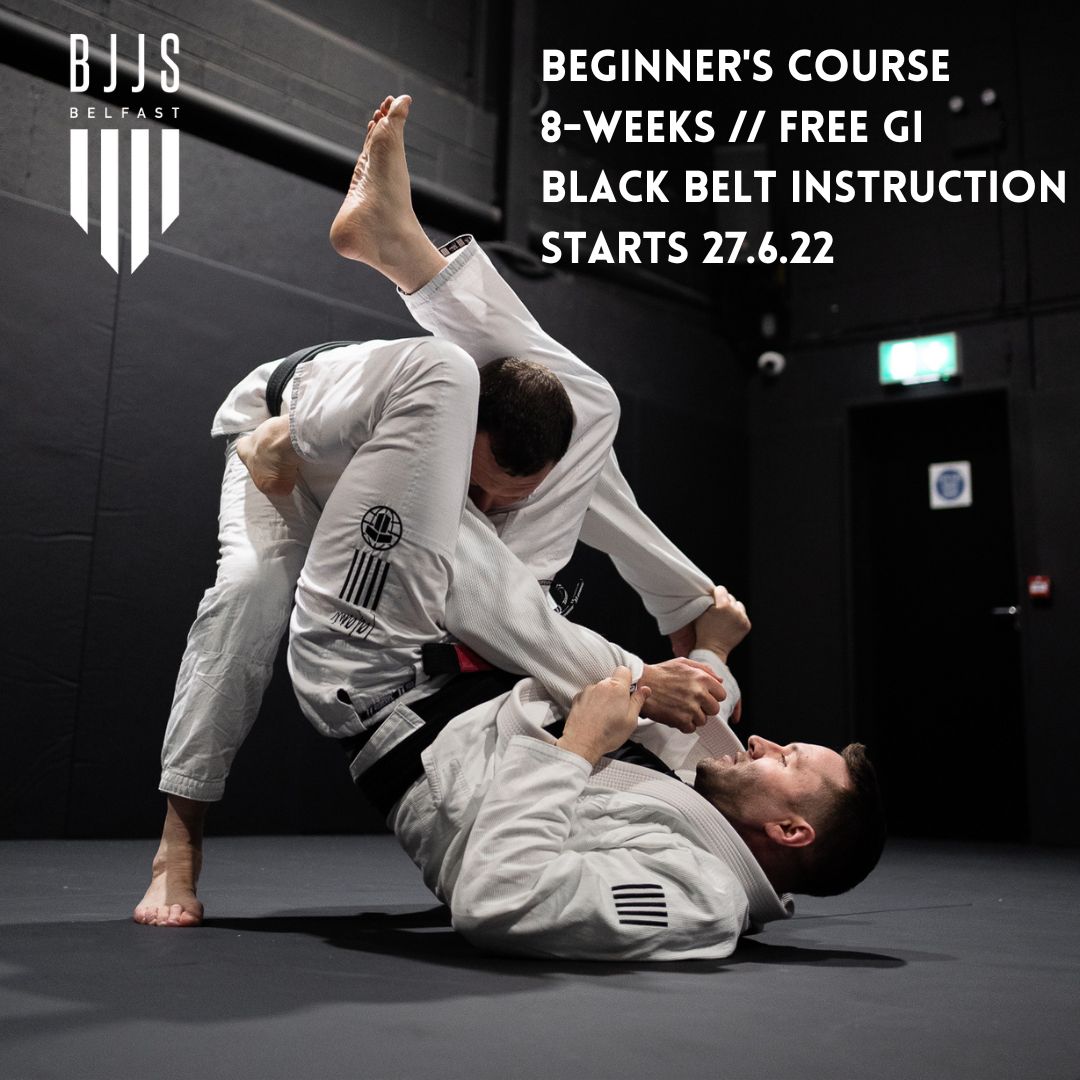
It can be difficult to learn how to deal with victim personalities. Victim attitudes can cause people to lack self-esteem, selfconfidence and emotional stability, which could make it difficult for them to achieve their goals. This type of personality may also be caused depression. There are ways to help victims of abuse.
It is a coping strategy
When it comes to dealing with the victim personality, coping is crucial. Many times these victims have had traumas or negative experiences that have shaped their outlook on the world. They may believe life is a gift and that nothing can be done about it. Others may offer advice or suggestions that they reject.
The victim mentality does not come from an inherited trait. Instead, it is learned. It is defined by a tendency for you to blame others and not take full responsibility for your actions. This attitude prevents people often from taking action that would have improved the situation.

It can also lead to bad relationships
You are more likely to feel bad about yourself if you're a victim. Victims are more likely to feel guilty or ashamed and to blame others for their problems. It is important to work on your victim mentality. You may find it easier to overcome this mentality by talking to a therapist about your issues. You can also use some very effective methods if you don’t want to go to therapy.
The first step to changing your behavior is to realize your limits. If you're a victim mentality, you could be pushing other people away and not allowing your potential to grow. You will be able to see that you don't want to share your truth with others if you push them away or withdraw from them. An victim will never practice self-introspection. Instead, victims wallow in self-pity and fail to see the real problem.
It can lead directly to self-destructive and destructive behaviors
Self-destructive and dangerous behaviors can lead to serious consequences. The symptoms may vary. They can lead to self-harm, significant debt, or even violence. Sometimes, these behaviors can cause problems with colleagues or supervisors at work. They can also be detrimental to your health.
It can be difficult to overcome a victim mentality. However, there are ways you can stop being a victim. Recognize your limits. You don't want to suffer from being too sensitive. Instead, learn to detach from others and focus on yourself. Although a therapist can help, not everyone is comfortable talking to strangers. You can help yourself in any situation by acknowledging your shortcomings and seeking help if necessary.

This can lead to self-harm.
You should consult a healthcare professional if self-harm is a problem. They can help you understand and manage the feelings behind the behaviour. You may also seek treatment for an underlying medical condition. To minimize damage and avoid relapse, it is crucial to act quickly. It is vital to surround yourself and others with support. They will listen and understand you, without judgement.
There are many risk factors involved in self-harm. These risk factors include genetics, environmental factors, and biological factors. Low self-esteem, aggression, and other psychological factors are examples of biological and psychological factors. The environment may include peer conflict, violence, or abuse. Although few studies have explored the protective factors that protect against self-harm, there is some evidence that social support and personal characteristics can prevent self-harm.
FAQ
Can I be arrested for using my stun guns?
No. Stun guns are considered "less lethal" weapons. Less lethal means they cannot cause serious injury.
However, charges could still be brought against you if you accidentally hit anyone with your stungun.
Are there any legal requirements to own a stungun?
Some states require proof of training to be able to own a stun gun.
Some states require stun guns to be registered with the police.
Other states require that you notify law enforcement authorities whenever you move.
Do stun guns hurt people?
But it's not. A stungun works by injecting small amounts of current directly into the skin.
This doesn't cause permanent damage.
Is it possible to give stun guns to children?
It all depends on the child's age.
For those under 18:
18 and older: Yes.
When giving a stun gun to a minor, you must ensure they understand the dangers of carrying one.
They should only use it with adult supervision.
Where can a stungun be purchased?
You can buy stun guns at many places.
You can shop online at Amazon.com or eBay.
Brick-and-mortar shops such as hardware and sporting goods stores are also available.
How can I learn self-defense at home?
There are many options available to help you improve your self-defense skills. Martial Arts is a great way to get started. Martial Arts teach you how not to use weapons. They build confidence and improve fitness. Many schools also offer online classes. You don't even have to attend a class. It is important that you know which type of martial arts you wish learn. Do you want to learn Kung Fu? Or perhaps Karate? Both styles are great choices, even though they may look very different. The key difference between these styles is the style of fighting. Karate, for example, is more focused on striking techniques. Kung fu is more concerned with grappling and kicks.
It is important to check whether they offer multiple forms of instruction when selecting a school. This refers the many martial arts styles that can be taught within one school. Some schools teach only one type of martial art, such as Tai Chi. Others may offer instruction for several types of martial arts. Make sure you only study at a well-respected school, regardless of what your goals are. Ask around to see if anyone you know has studied there and asked questions regarding the instructors' background and training history. Visit the school to speak with someone who has taught there if possible.
Can I carry a stun gun legally?
Yes. You will need to apply for a permit in your state.
To apply for a permit, you must fill out an application form and pay a fee.
Once you receive your permit, you must keep it in a visible place (like your wallet).
If you lose your permit, then you will be required to go through the process again.
Statistics
- Verbal harassment was the most common form, but 51 percent of women said they were touched or groped in an unwelcome way, while 27 percent of women survived sexual assault. (healthline.com)
- Kung Fu alone has 400 unique martial art styles – and whilst you likely won't be able to find a school for each form, many other martial arts are completely different altogether. (budodragon.com)
- The Rape, Abuse & Incest National Network reports that 70 percent of sexual violence cases aren't committed by random strangers in a dark alley but by people we know: friends, family, partners, co-workers, etc. (healthline.com)
- In a January 2018 survey of 1,000 women nationwide, 81 percent reported experiencing some form of sexual harassment, assault, or both in their lifetime. (healthline.com)
External Links
How To
How to use a stun gun in self-defense
Using a stun gun is the best way to defend yourself from an attacker. If used correctly stun guns do not pose a danger. They can cause temporary paralysis but not injury to anyone with a cardiac condition. When you go outdoors, a stungun should always be with you. You can pull the trigger to shoot directly at someone who attempts to attack you. This will stop them from running.
If you want to learn how to use a stun gun for self-defense properly, read on below:
-
Always point the weapon towards the target.
-
Focus on the chest.
-
You can only pull the trigger once.
-
The weapon should be held in both hands.
-
The weapon should be pointed at the target until the victim becomes unconscious.
-
Move quickly to safety.
-
Never touch the victim if you pull the trigger.
-
Only use a stungun in extreme situations.
-
Do not attempt disarming an attacker.
-
Call 911 immediately if you are attacked.
-
Once the attacker is subdued, call police.
-
Don't let the attacker get near to you again.